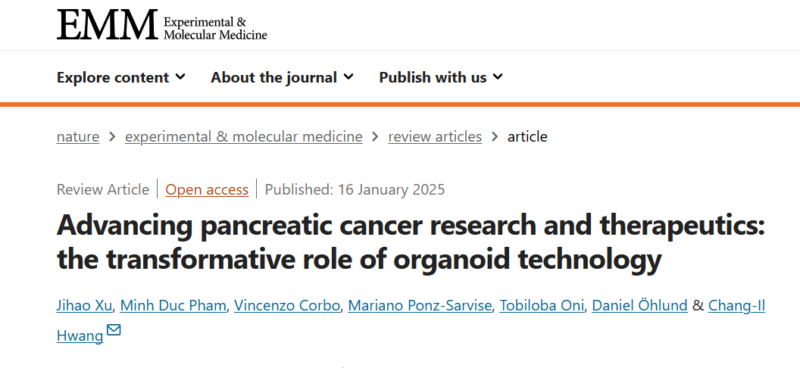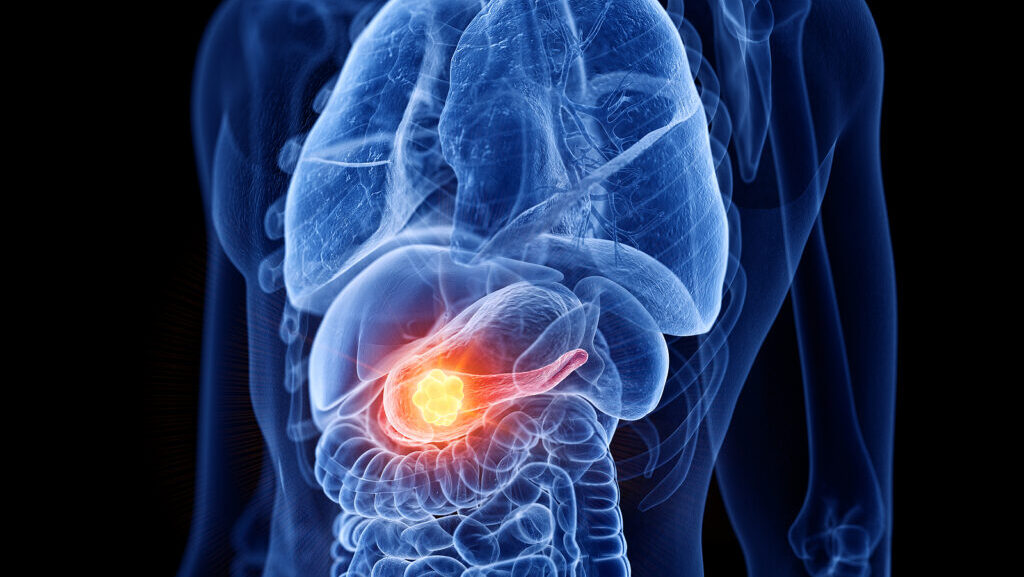Chang-il Hwang, Assistant Professor at University of California, Davis, posted on X about recent paper by him as co-author titled “Advancing pancreatic cancer research and therapeutics: the transformative role of organoid technology” published on Experimental and Molecular Medicine.
Authors: Jihao Xu, Minh Duc Pham, Vincenzo Corbo, Mariano Ponz-Sarvise, Tobiloba Oni, Daniel Öhlund, Chang-Il Hwang

“Excited to share our latest review on how organoid technology is transforming pancreatic cancer research, published in Experimental and Molecular Medicine. Here’s a breakdown of the key points.
Organoids are revolutionizing our approach to studying pancreatic cancer, offering models that closely mimic human tumors. This technology enables us to understand the disease’s progression and test potential treatments more effectively.
Our review highlights the journey of organoid technology from basic research to critical applications in personalized medicine.
Pancreatic organoids allow us to dissect the tumor microenvironment (TME), study cancer progression, metastasis, and drug resistance mechanisms, and personalize therapeutic strategies—major strides toward targeted cancer therapy.
The review covers the molecular and cellular dynamics of pancreatic organoids, including how they maintain the genetic and epigenetic profiles of original tumors, providing insights into disease mechanisms at a resolution we’ve never had before.
One of the most promising aspects of pancreatic organoids is their application in drug development and therapeutic testing. These models help predict how patients will respond to therapies, potentially streamlining the path to personalized treatment.
We discuss how organoids can be established from small tissue samples, making them a powerful tool for studying all stages of pancreatic cancer, even from patients where tissue availability is limited due to the advanced stage of disease.
Furthermore, our review delves into how organoids serve as a platform for testing therapeutic responses, including resistance mechanisms. This is crucial for developing more effective treatment regimens and overcoming drug resistance. Special thanks to the talented PhD students, Reno and Daniel in our lab who synthesized these ideas and to our old colleagues from the previous Tuveson lab.
For anyone involved in Cancer Research or interested in the latest tools in fighting pancreatic cancer, our review offers a detailed look at how organoid technology can lead to better diagnostic and therapeutic approaches.”
